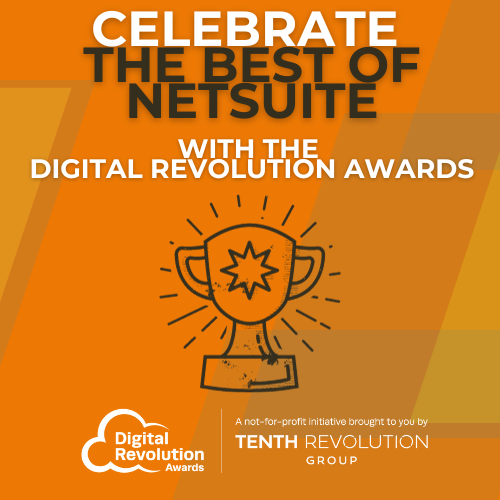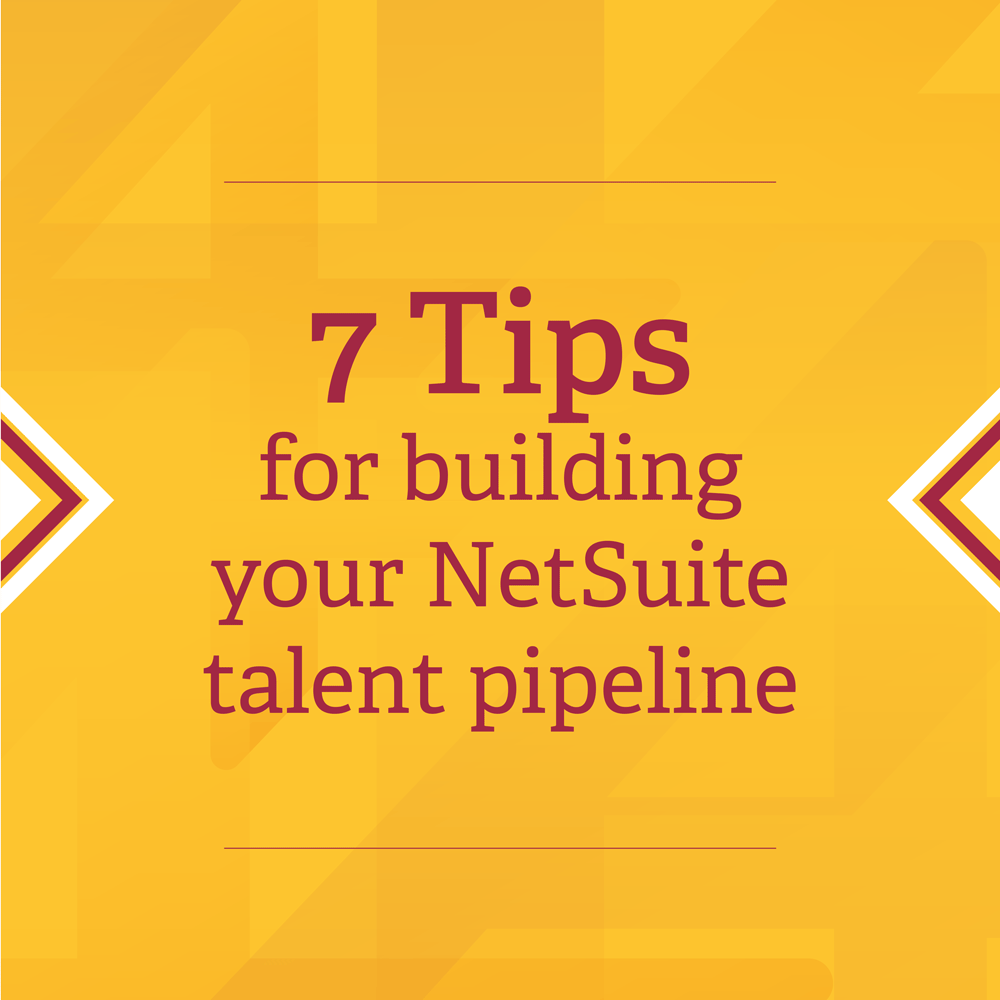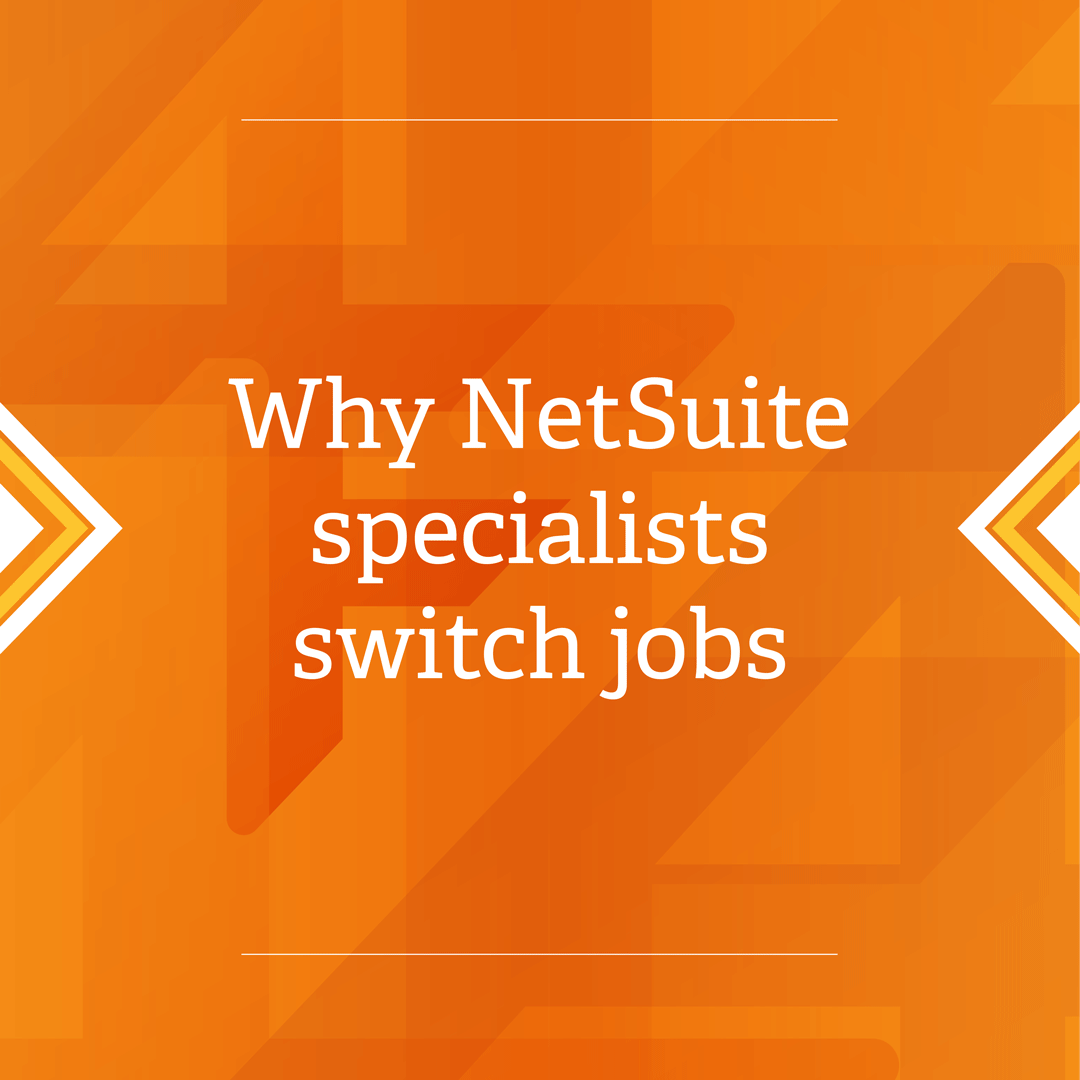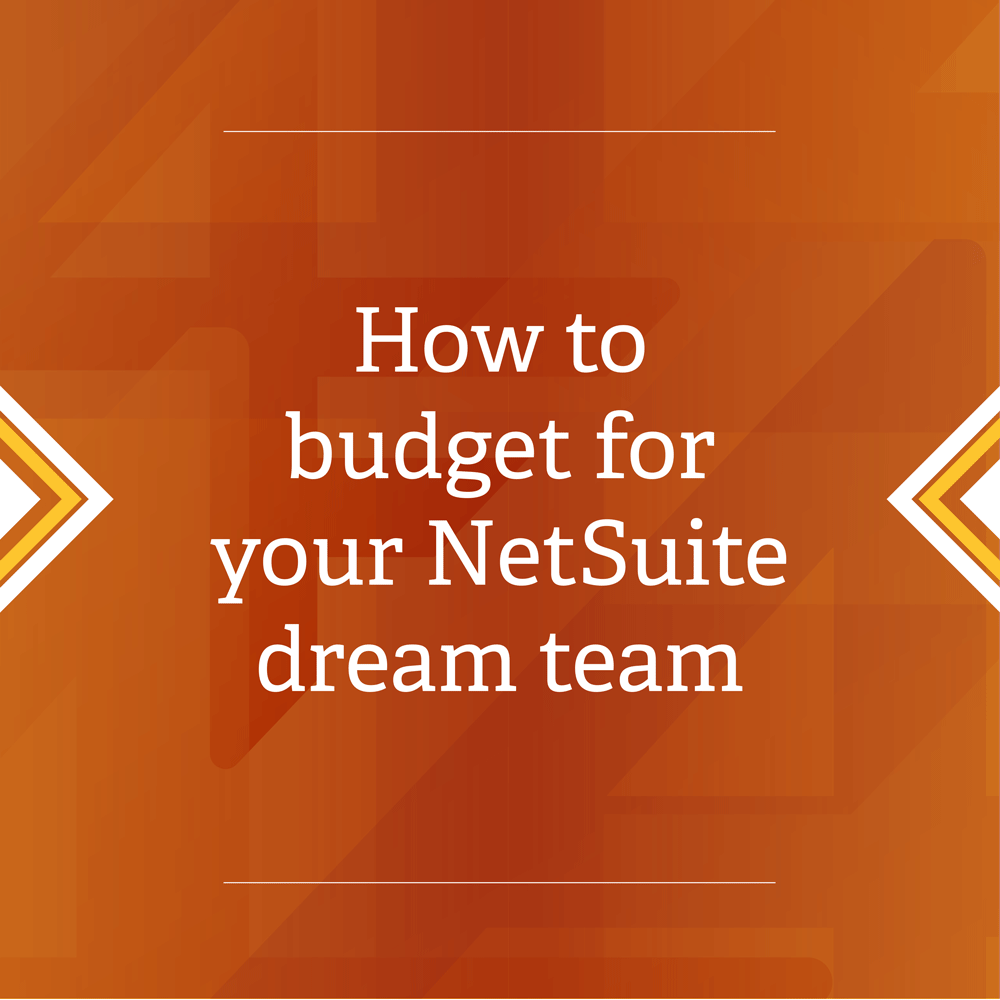NetSuite editions: which is the best fit for your business?
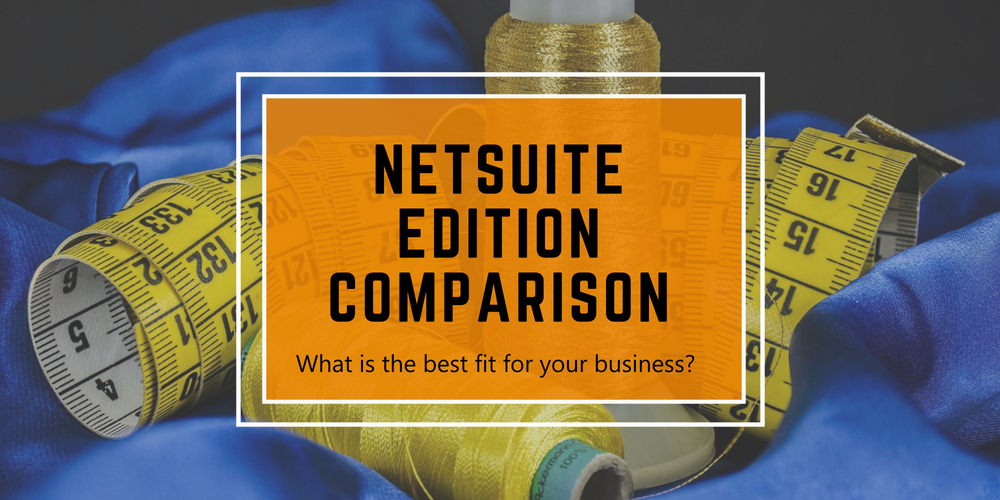
Currently, there are three NetSuite editions for your business to choose from: Customer Relationship Management (CRM), Standard, and OneWorld.
Each edition offers different benefits to your business, and here we’ll talk you through each offering.
NetSuite editions
NetSuite CRM
Sales Force Automation is a powerful software that equips sales teams with accurate records of each available opportunity. The software’s sophisticated document management capabilities improve sales efficiency by allowing teams to build and maintain an up-to-date sales portal. Sales Force Automation also allows the sales team to efficiently manage every opportunity.
Marketing automation allows you to track your campaign at speed and can be used as the sole email marketing system in your business. In this solution, upsell marketing is cleverly supported by historical analysis. Such analysis provides the perfect foundation for upsell campaigns. It does this by becoming in control of the customer lifecycle, taking their previous visits into account and making sure that you are directing a customer to the correct location.
The e-commerce arm of NetSuite CRM allows you to customize your CRM system and helps to capture micro-interactions and provides greater visibility, while Customer Service and Support offers an online self-service. This allows you to monitor key factors such as renewals, customer satisfaction and resolution metrics on real-time dashboards. There are also automated business processes with case management, and the software is supportive of routing and tracking support cases either by issues, case type, partner, product or customer.
Overall benefits to a business include:
- A streamlined lead-to-cash process.
- Elevated productivity thanks to a 360 degree view of customers.
- An improved sales performance via forecasting, upselling, and commission management.
- Managing global sales and services organizations.
Standard
This is essentially the middle-of-the-road NetSuite edition, and it’s typically the one that most businesses opt for. It has a strong accounting support set up, inventory management, CRM functionality, and also includes those same elements as the lower CRM edition.
However, the main limitation is the lack of options available to use multiple subsidiaries.
Like the CRM edition above, Standard helps to streamline lead-to-cash processes, elevating productivity thanks to the 360 degree view of customers, can improve sales performance, and manages global sales and services organizations.
NetSuite OneWorld
NetSuite OneWorld is the most comprehensive NetSuite edition. Businesses which have other companies in their portfolio typically use it. OneWorld is extremely useful for those who deal with transactions and operations outside of their own country.
It’s billed similarly to the Standard edition, but you are also charged per subsidiary — albeit at a reasonable rate. While there is a significant increase in price between the CRM and Standard editions, moving up to OneWorld doesn’t hit the purse strings as hard.
This edition can handle all of a company’s global transactions and operations. The backbone of the system is Financials. NetSuite OneWorld Financials can be excellent for any company, as it provides a complete cloud financial management application. This allows users to change the way in which they see the data, including currency, language, and taxation.
The fact you can see this in real time ensures consistent and compliant management, both locally and globally; the robust financial reporting capabilities it is built around ensures this.
NetSuite OneWorld offers out of the cloud pre-configuration to more than 50 countries, and NetSuite can provide a built-in tax engine that your business can configure to its specific needs.
NetSuite levels
Once you have decided which edition best fits your business, it’s time to choose a level. Again, there are three primary levels to pick from.
Light Edition
The Light Edition (LE) is designed for small companies with no more than 10 users and 50 employees.
Mid-Market Edition
Next up is the Mid-Market Edition (MME). There’s no official minimum number required for this level, but it’s realistically geared toward companies with 15-1000 employees. This is a more expensive option that prices out a large section of small businesses. The main difference between LE and MME is that with MME you have the opportunity to add different modules to your package, including E-commerce and Inventory.
Enterprise Edition
The Enterprise Edition level is another step up and has been specially built to work for companies with more than 1,000 employees. While choosing the correct level can have an impact on your finances, it also affects the way you interact with NetSuite as a company and what support is offered.
It’s sometimes easy to get confused between editions and levels but remember, you must choose your edition first, and then your level is based on the size of your business.
If you’re happy you’ve chosen the correct edition, make sure you don’t make any mistakes when implementing the products. We have prepared a blog post that will help you minimize any errors here.
Need a specialist to help you customize your NetSuite dashboard?
We work with over 85% of the partner companies in the NetSuite ecosystem and can help you find the right partner for your business’ ERP upgrade. Your business deserves the best when upgrading from QuickBooks to NetSuite. Give our NetSuite consultants a call today.

